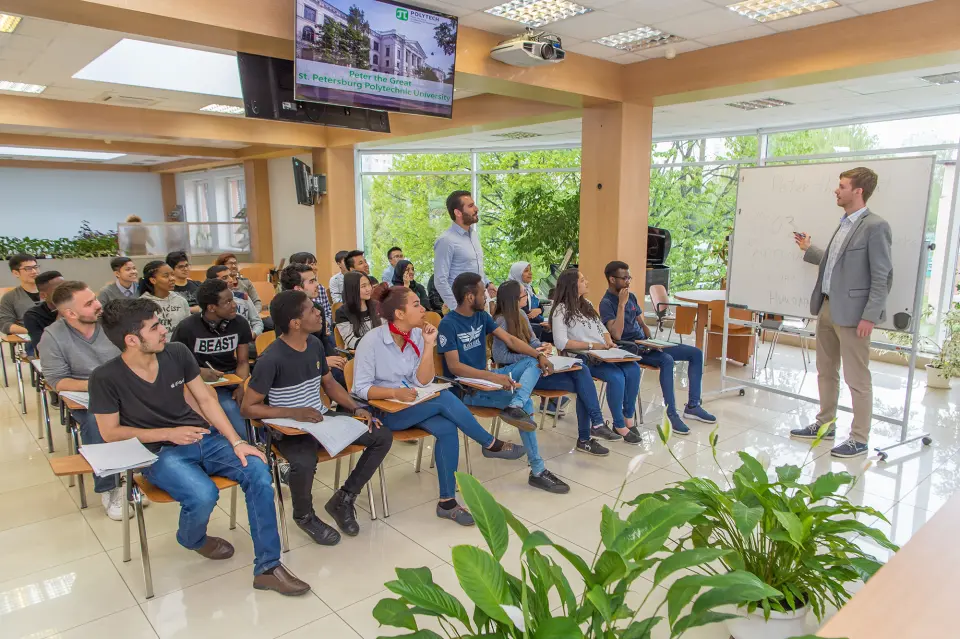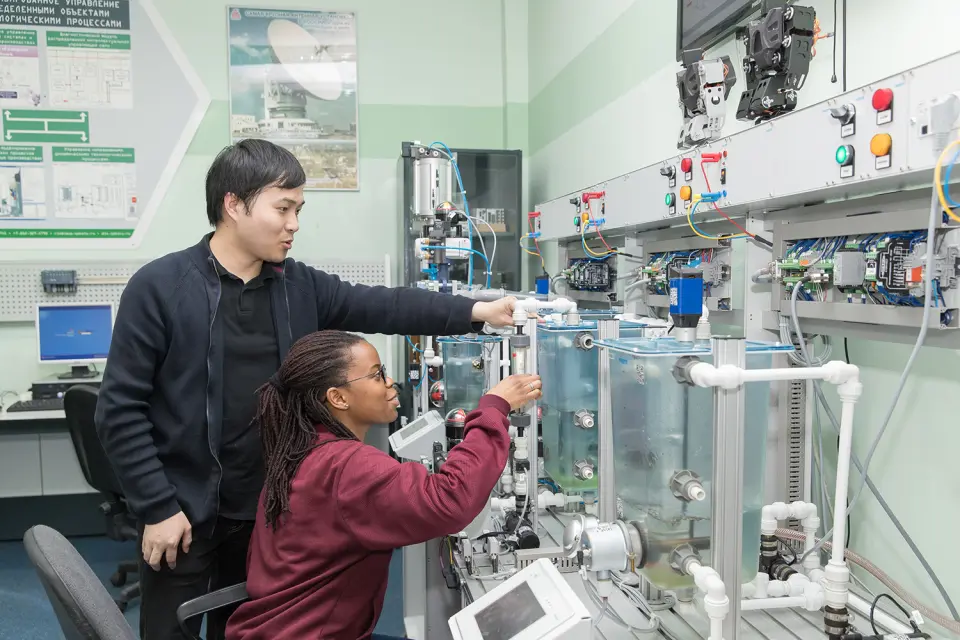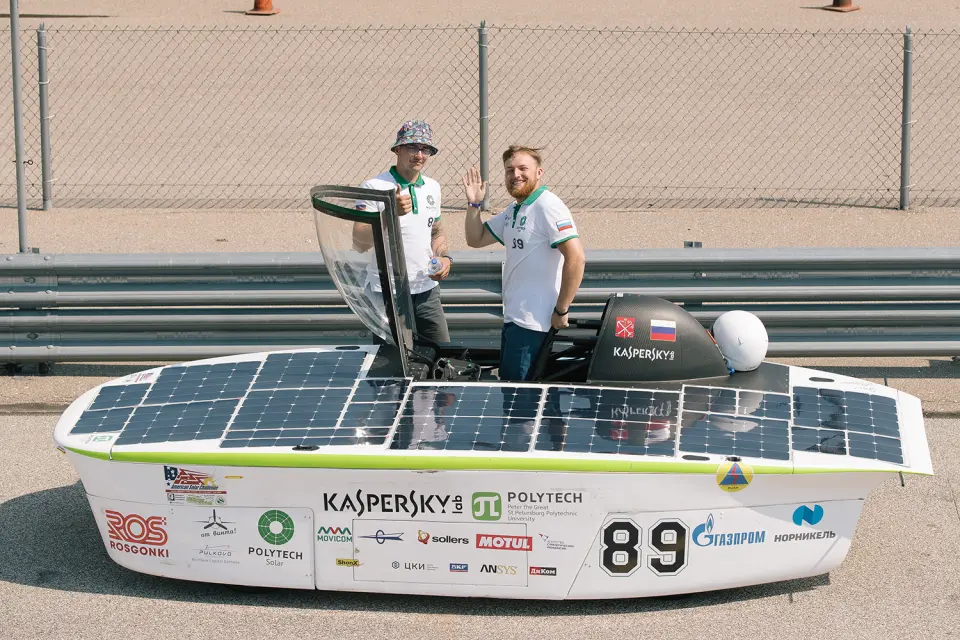About the training program
The training direction covers the study of physical principles and their application in modern technologies. The program includes courses in classical and quantum physics, mathematics, computer science, and engineering disciplines. Students master methods of experimental research, modeling, and analysis of physical processes. Important attention is paid to the development of new materials, optoelectronics, nanotechnologies, and energy systems. Graduates acquire the skills necessary for work in scientific, research, and production organizations, and can also continue their education in a master's program. The direction prepares specialists capable of solving complex tasks at the intersection of science and technology.


























